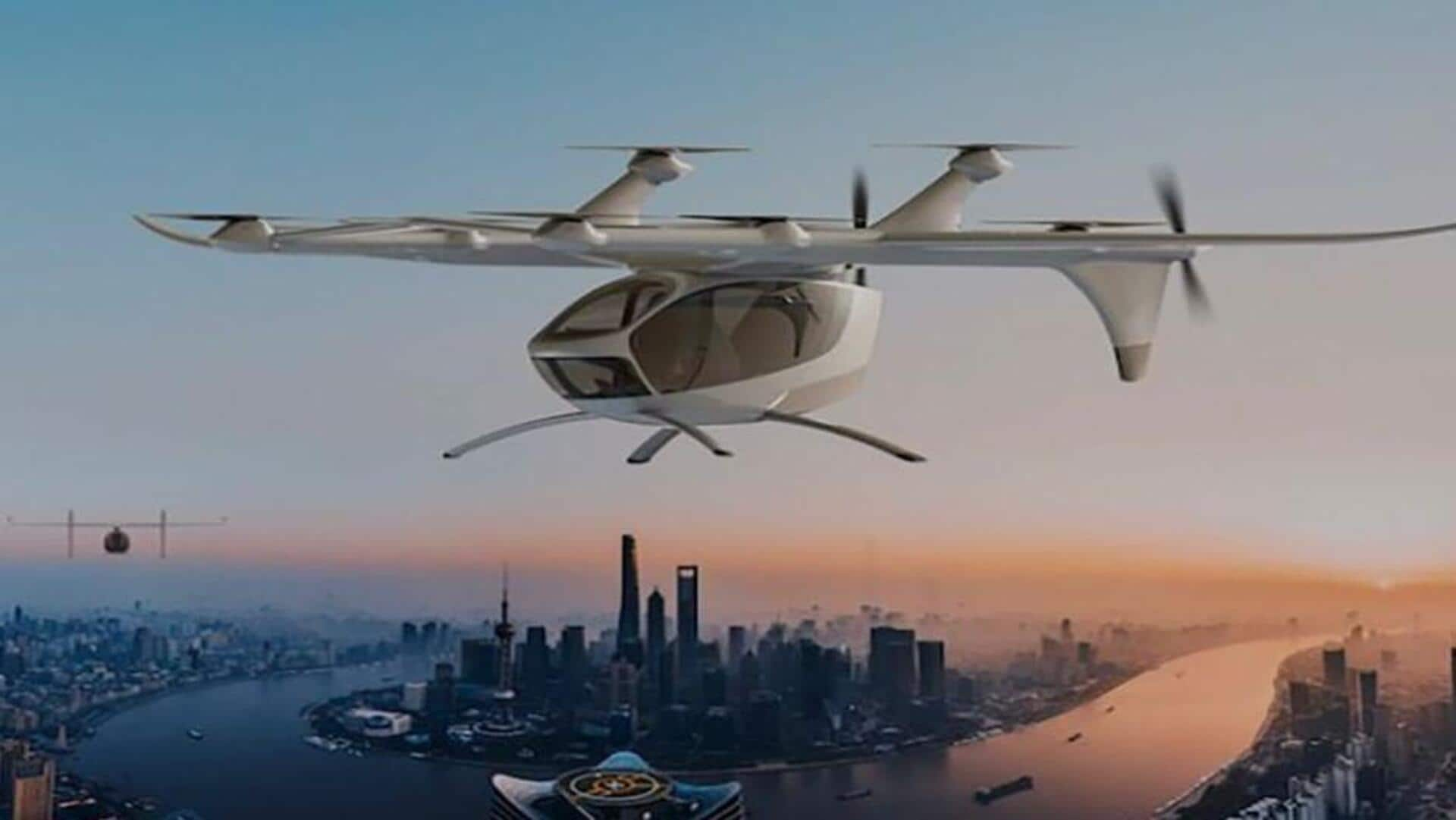
Europe's flying taxi ambitions stall as funding falls short
What's the story
Europe's ambitious dream of electric flying taxis is running into some serious roadblocks due to budget shortages. German firm Volocopter, which had hoped to introduce its electric two-seater aircraft, the VoloCity, at this year's Paris Olympics, missed the deadline. Instead of offering passenger services, the company only conducted demonstration flights. Behind the curtains, Volocopter has been frantically looking for new investments to stay afloat.
Context
Why does this story matter?
Volocopter is among many companies worldwide developing electric vertical take-off and landing (EVTOL) aircraft. Their aircraft has been promising the versatility of helicopters but without the high costs, noise, and emissions. However, probably due to the significant expenses involved in gaining regulatory approval and establishing manufacturing capabilities,Volocopter has been struggling behind the scenes.
Financial struggles
Funding woes and potential Chinese lifeline
Volocopter's efforts to obtain a €100 million loan from the German government failed in April. The company is now said to be in talks with China's Geily, which could take an 85% stake in Volocopter for $95 million. This deal could see future manufacturing operations being moved to China, Bloomberg reported.
Insolvency proceedings
Lilium faces insolvency amid funding challenges
Another high-profile eVTOL player, Lilium, is also struggling financially. Despite having 780 jets on order globally and raising €1.5 billion, the company's coffers have run dry. Attempts to secure a €100 million loan from the German development bank KfW failed due to lack of government guarantees. Earlier this month, Lilium had initiated insolvency proceedings for its main operating businesses and had its shares delisted from NASDAQ.
Production hurdles
Vertical Aerospace's progress and setbacks
UK-based Vertical Aerospace, another major player in the eVTOL race, has also seen its fair share of progress and setbacks. The company completed a series of remote-controlled tests and started piloted tests earlier this year. However, there have also been serious setbacks, as one prototype was severely damaged in August 2023 during testing at Cotswold Airport after a propeller blade detached. In May this year, engineering giant Rolls-Royce withdrew from an agreement to supply electric motors for the aircraft.
Investment challenges
Financial strains and future plans
Despite these challenges, Vertical Aerospace hopes to deliver 150 aircraft to customers by the end of this decade. The company expects to produce 200 units annually and reach financial break-even. Founder Stephen Fitzpatrick has pumped in another $25 million into the company in March but hasn't paid another $25 million due in August if alternative investment couldn't be found. As of September, Vertical had $57.4 million on hand but expects to spend nearly double that amount over the next year.
Steady progress
Airbus's CityAirbus NextGen project remains on track
Despite the financial woes of several companies in the eVTOL space, some projects are progressing steadily. Aerospace consultancy Leeham's Bjorn Fehrm notes that Airbus' EVTOL project, the CityAirbus NextGen, is going to succeed. This four-seater with eight propellers and 80km range is viewed as a technology project for their engineers who have both the money and expertise to pull it off.